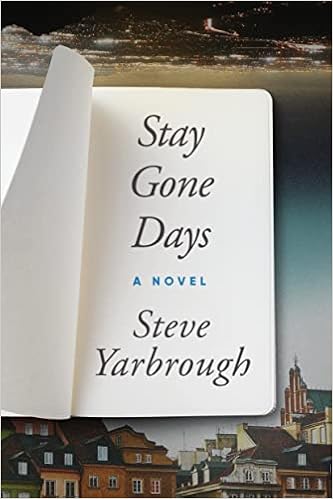 Some forty years ago, in Jackson, not far Loring, a similar bottle of Four Roses was opened. It’s a significant detail in this story of the Cole sisters, that ends where it began, that comes full circle, with many detours along the way. Individuals, with marked differences, both sisters are resilient, vulnerable, and passionate, characters so life-like a reader feels “the air making contact with their skin.”
Some forty years ago, in Jackson, not far Loring, a similar bottle of Four Roses was opened. It’s a significant detail in this story of the Cole sisters, that ends where it began, that comes full circle, with many detours along the way. Individuals, with marked differences, both sisters are resilient, vulnerable, and passionate, characters so life-like a reader feels “the air making contact with their skin.”
Tag: fiction
A review of This Place That Place By Nandita Dinesh
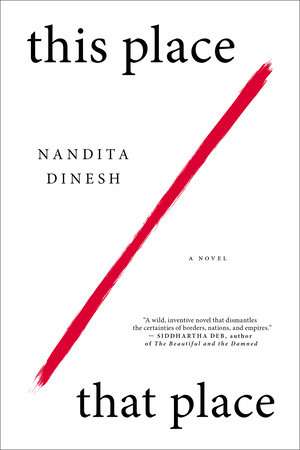
A review of The Rabbit Hutch by Tess Gunty
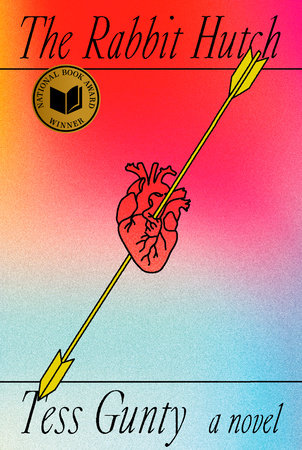
A review of Stalker Stalked by Lee Matthew Goldberg
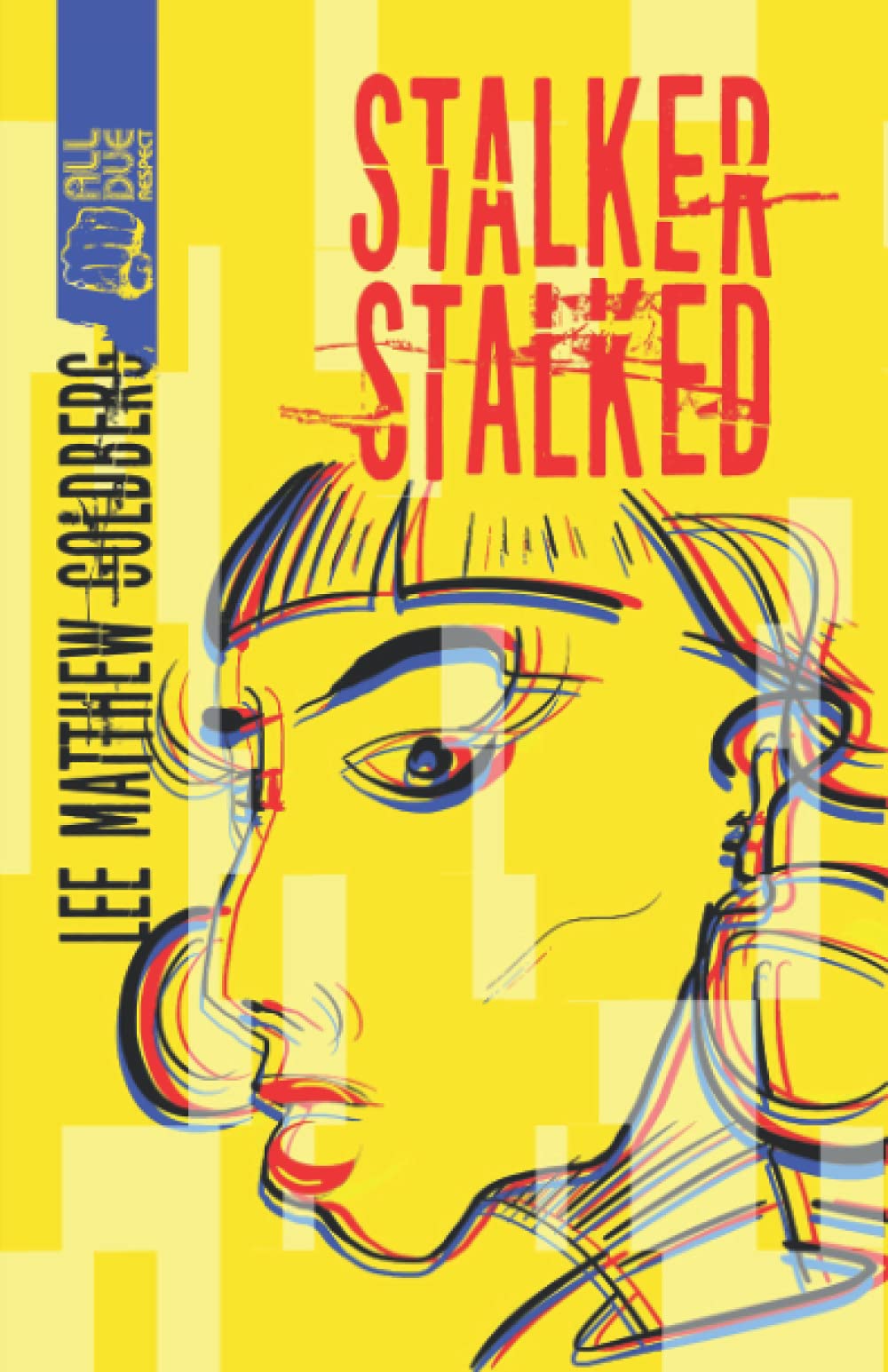 Stalker Stalked nails the chaos and uber-dramaticism of reality television with Lexi’s self-destructive nature making the implosion of her life equally satisfying and tragic. The plummeting decay of order aligns well with the reality television aesthetic, compounded by explicit and raunchy scenes, the novel certainly appeals to lovers of messy dramas, chick-flics, and reality shows.
Stalker Stalked nails the chaos and uber-dramaticism of reality television with Lexi’s self-destructive nature making the implosion of her life equally satisfying and tragic. The plummeting decay of order aligns well with the reality television aesthetic, compounded by explicit and raunchy scenes, the novel certainly appeals to lovers of messy dramas, chick-flics, and reality shows.
A review of Cora’s Kitchen by Kimberly Garrett Brown
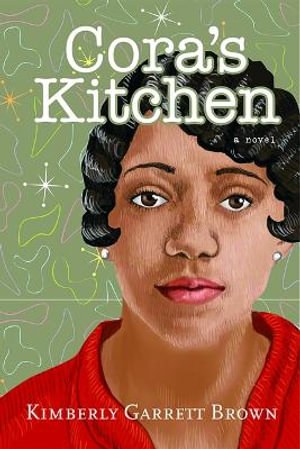 Kimberly Garrett Brown has written an outstanding novel which rings true as a depiction of a budding writer and conveys an important message about overlapping, concurrent forms of oppression.
Kimberly Garrett Brown has written an outstanding novel which rings true as a depiction of a budding writer and conveys an important message about overlapping, concurrent forms of oppression.
A review of Breathing Lake Superior by Ron Rindo
 I was drawn to the novel because of geographic sentiment, being a Canadian raised on a small farm in the rigorous climate of Northern Ontario, and having relatives who live on the northern shore of Lake Superior. I was soon caught up in a timely story, full of vivid imagery and unforgettable characters – a tragedy in a beautiful landscape.
I was drawn to the novel because of geographic sentiment, being a Canadian raised on a small farm in the rigorous climate of Northern Ontario, and having relatives who live on the northern shore of Lake Superior. I was soon caught up in a timely story, full of vivid imagery and unforgettable characters – a tragedy in a beautiful landscape.
A Review of The Thursday Murder Club by Richard Osman
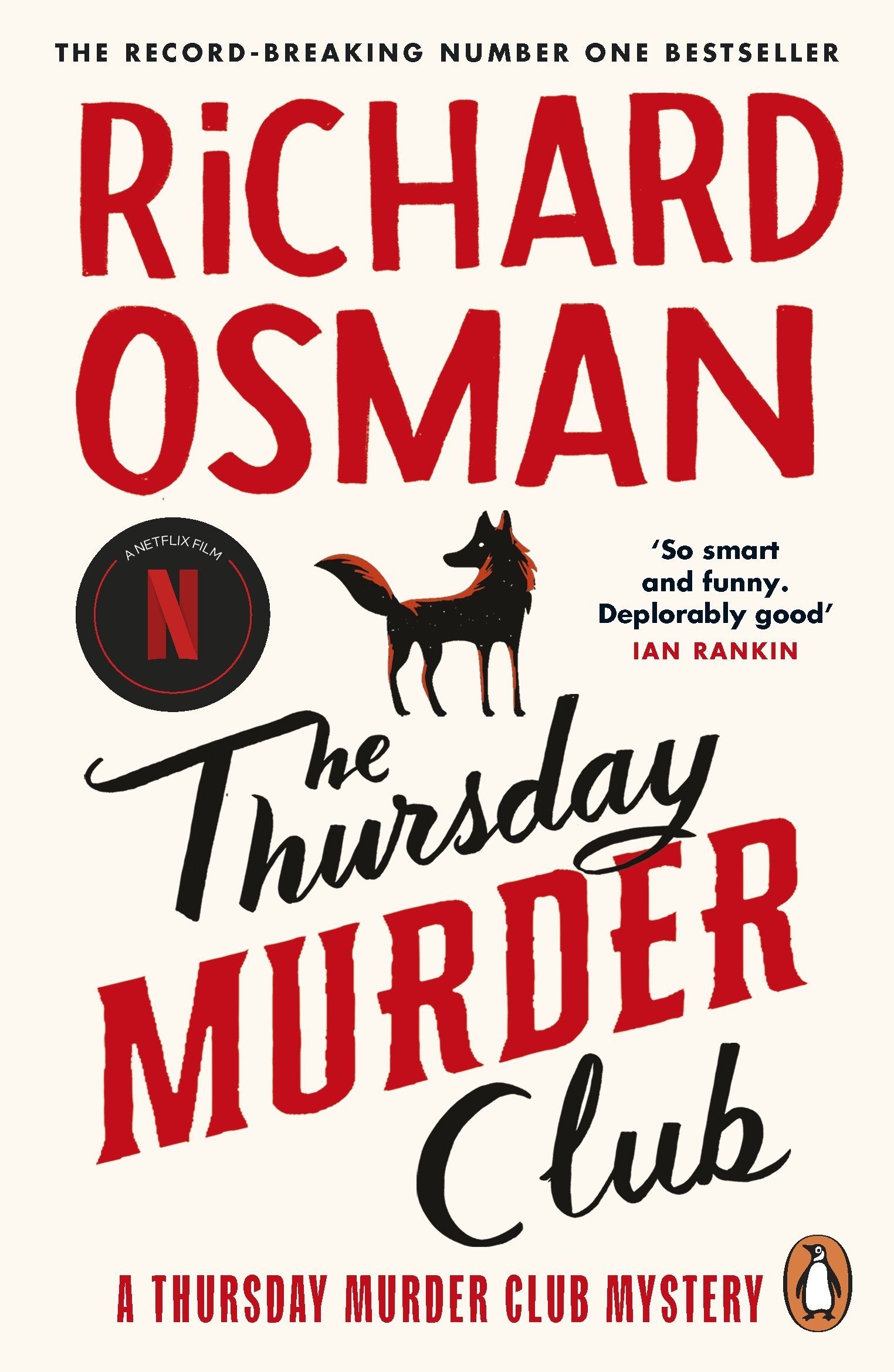 Some genuine laugh-out-loud moments poke fun at the British, perhaps unintentionally. There’s a wonderful mini-plot around llamas which draws a chuckle, whilst the actual detectives in the story are bumbling but not unbelievable.
Some genuine laugh-out-loud moments poke fun at the British, perhaps unintentionally. There’s a wonderful mini-plot around llamas which draws a chuckle, whilst the actual detectives in the story are bumbling but not unbelievable.
A Disgusting Fate Befalls Deplorables: A Review of The Filthy Marauders by Bob Freville
 This isn’t to say that the characters in The Filthy Marauders aren’t memorable. If anything the opposite is true; Freville’s gift seems to lie in his ability to craft flesh-and-blood eccentrics with voices that are all their own. It is only too disappointing that he has more enthusiasm for their suffering than he does for their redemption.
This isn’t to say that the characters in The Filthy Marauders aren’t memorable. If anything the opposite is true; Freville’s gift seems to lie in his ability to craft flesh-and-blood eccentrics with voices that are all their own. It is only too disappointing that he has more enthusiasm for their suffering than he does for their redemption.
A review of Bombay Hangovers by Rochelle Potkar
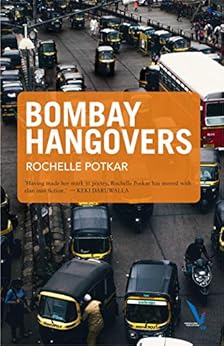 This meticulous nature of her research into each story marks her out from other writers. This is again evident in another beautiful story where a Parsi youth is obsessed with creating his own brand of perfume (Parfum). Rochelle goes into a heady mixture of the scents and perfumes employed. She even has a lab where the protagonist works to manufacture that one perfume that can be his own. Finally, instead of his wife, he finds solace in the arms of a maid whose function is merely to be like a springboard of scents.
This meticulous nature of her research into each story marks her out from other writers. This is again evident in another beautiful story where a Parsi youth is obsessed with creating his own brand of perfume (Parfum). Rochelle goes into a heady mixture of the scents and perfumes employed. She even has a lab where the protagonist works to manufacture that one perfume that can be his own. Finally, instead of his wife, he finds solace in the arms of a maid whose function is merely to be like a springboard of scents.
A review of Cold Enough for Snow by Jessica Au
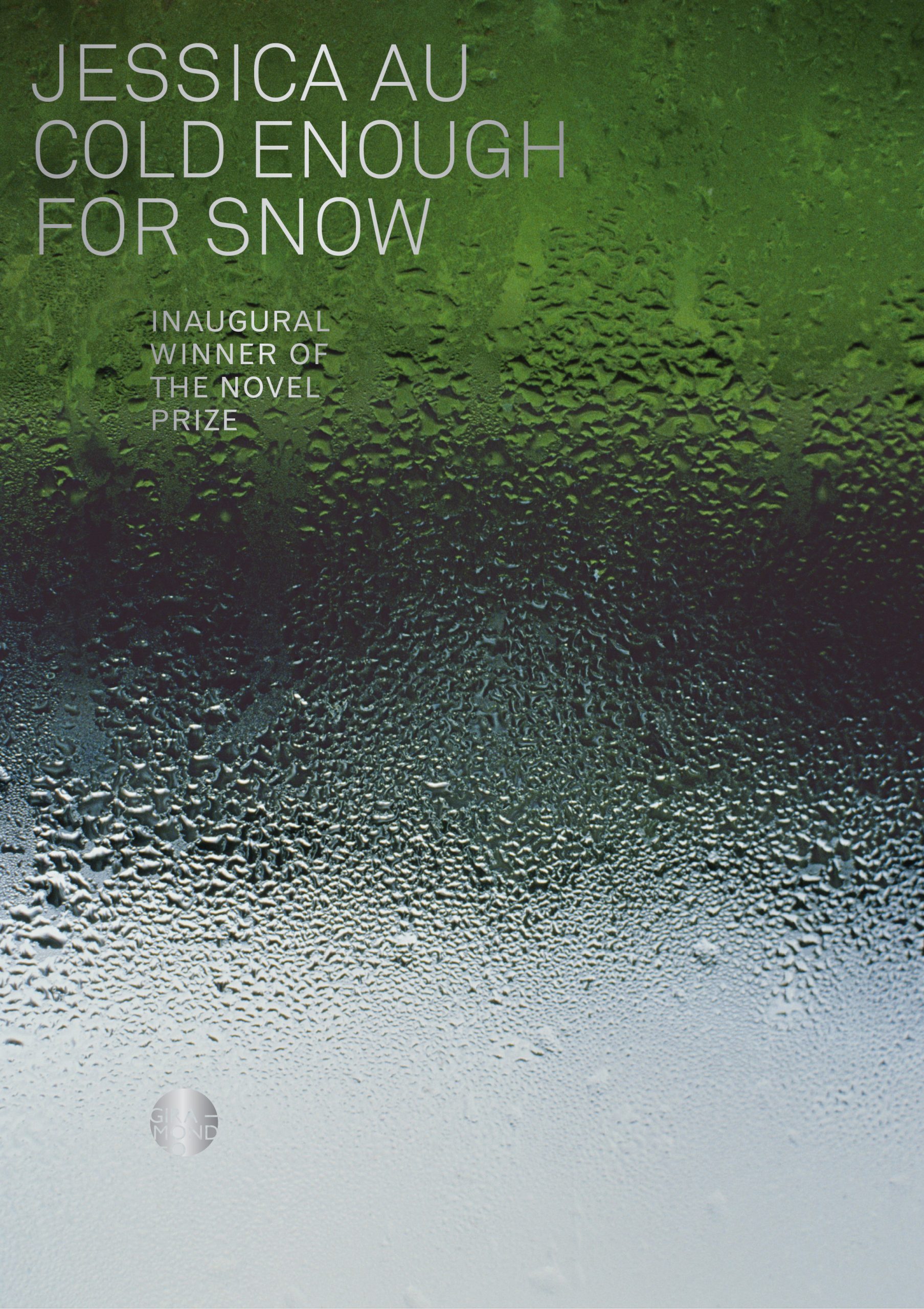 Cold Enough for Snow is a deeply beautiful novel, richly potent in its themes, while resisting simple explication. It reads quickly, driven forward by the tension between presence and absence, love and shame, caring and being cared for, past and present, belonging and otherness, while its meaning unfolds slowly, lingering.
Cold Enough for Snow is a deeply beautiful novel, richly potent in its themes, while resisting simple explication. It reads quickly, driven forward by the tension between presence and absence, love and shame, caring and being cared for, past and present, belonging and otherness, while its meaning unfolds slowly, lingering.